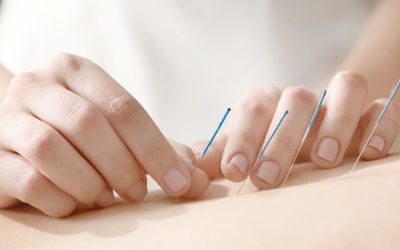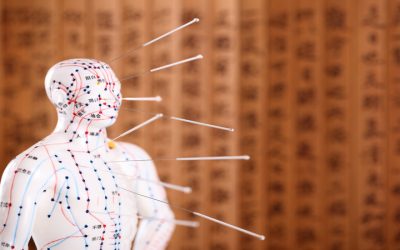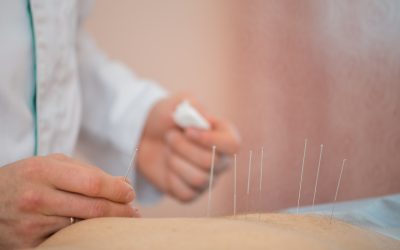Pursuing a career in holistic health care has become increasingly popular, with more individuals seeking natural and integrative approaches to wellness. For those interested in becoming licensed professionals in this field, enrolling in an Acupuncture School is a crucial step. This educational journey offers a unique blend of academic rigor, hands-on training, and transformative personal growth, all designed to prepare students for a rewarding career in acupuncture and Oriental medicine.
Academic Curriculum and Coursework
Students entering an acupuncture program in the USA can expect a comprehensive curriculum that covers both Eastern and Western medical concepts. Core subjects typically include:
• Traditional Chinese Medicine Theory: Foundations of yin-yang, five elements, and meridian theory.
• Acupuncture Techniques: Needle insertion, point location, and various needling methods.
• Herbal Medicine: Study of medicinal herbs and their integration with acupuncture treatments.
• Biomedical Sciences: Anatomy, physiology, pathology, and disease diagnosis from a Western medical perspective.
• Ethics and Professionalism: Legal aspects, ethical considerations, and communication skills necessary for clinical practice.
This academic foundation ensures graduates are well-versed in both the traditional philosophies and modern scientific knowledge required for effective patient care.
Clinical Training and Hands-On Experience
A defining aspect of acupuncture education in the United States is its emphasis on clinical practice. Students spend significant time in supervised clinical settings, where they:
• Observe experienced practitioners treating real patients.
• Develop diagnostic and treatment planning skills.
• Practice needling techniques under supervision.
• Gain exposure to a diverse range of conditions and patient backgrounds.
Clinical training typically progresses from observation to direct patient care, allowing students to build confidence and technical proficiency. This immersive experience is vital for bridging the gap between classroom theory and real-world application.
Licensing Preparation and Examination
Graduating from an accredited acupuncture program is only part of the journey. In the USA, practitioners must pass national certification exams and meet state-specific licensing requirements. Acupuncture schools provide guidance and resources to help students prepare for these exams, including:
• Review courses and practice tests.
• Workshops focused on exam strategies and stress management.
• Support with application processes for licensure.
Staying informed about the evolving standards of practice and legal regulations is essential for a successful transition from student to licensed acupuncturist.
Personal and Professional Development
Beyond technical skills, acupuncture programs foster personal growth and a holistic approach to health. Students often report increased self-awareness, improved communication abilities, and a deeper understanding of patient-centered care. The supportive environment encourages collaboration, critical thinking, and ethical decision-making—qualities that are invaluable in any healthcare profession.
What the Journey Offers
Choosing to embark on an acupuncture school experience in the USA is both challenging and rewarding. Students can anticipate a rigorous academic workload, extensive clinical practice, and comprehensive preparation for licensure. Along the way, they’ll develop the knowledge, skills, and professional values needed to make a meaningful impact in the field of integrative medicine. This transformative education paves the way for a fulfilling career, helping individuals and communities achieve better health through time-honored and evidence-based practices.


